Contact Us
- Address: Réservations par internet seulement
- Email: infoSPAMFILTER@spaceobs.com
- Phone: No telephone
- Cellphone: No telephone
- Website: www.spaceobs.com
Next moons
04-05-2025 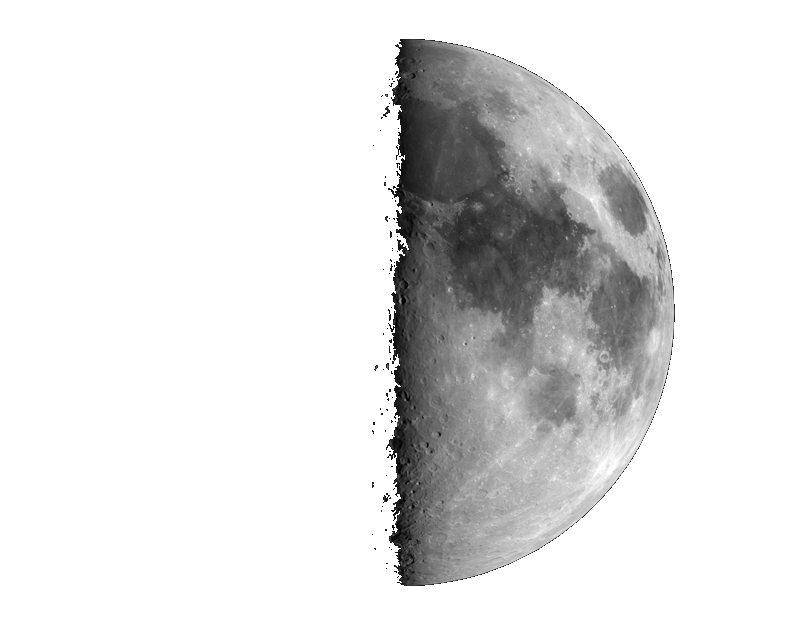 | 12-05-2025 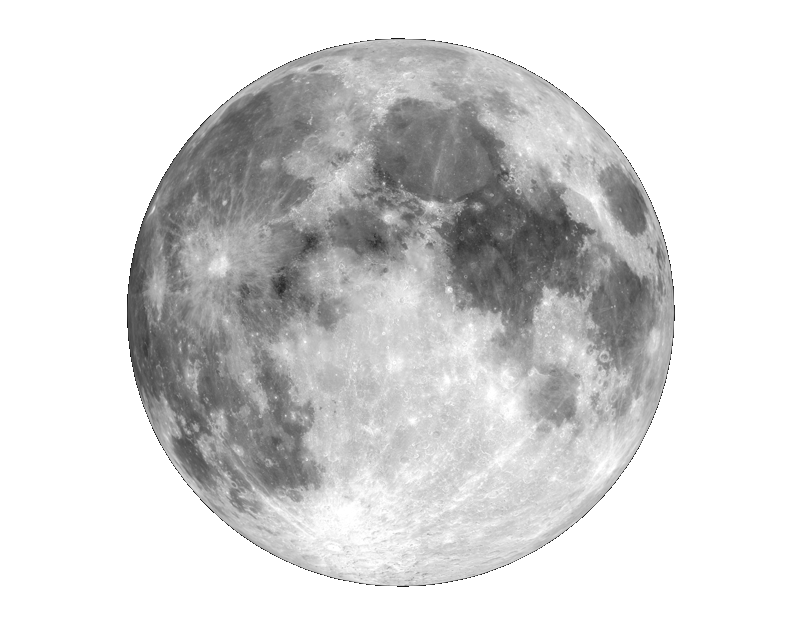 |
20-05-2025 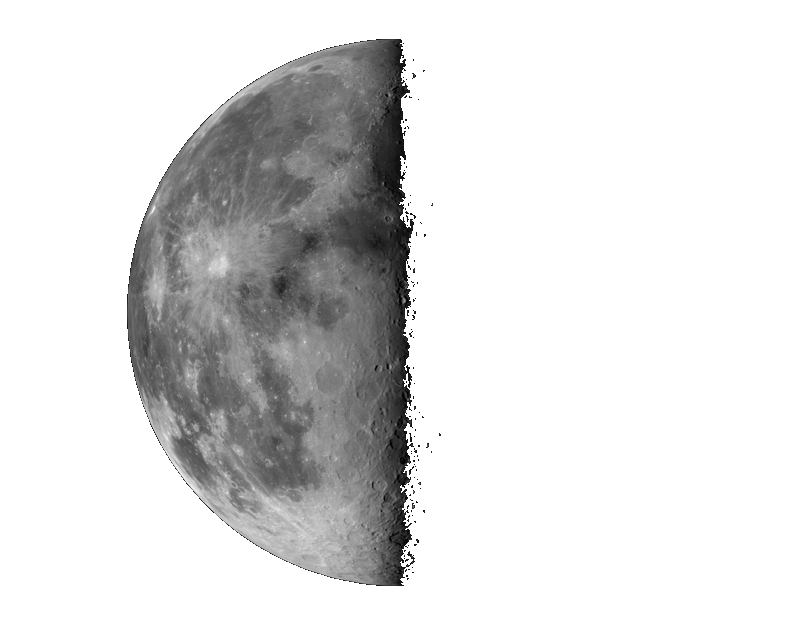 | 27-05-2025  |
Sponsors
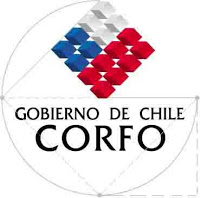
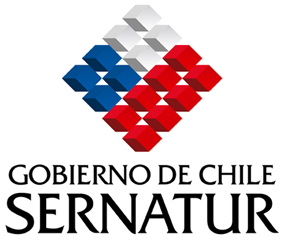
Clearly.... us !.
We have the largest and best telescopes in Chile for the touristic observation of the sky
| Mamalluca | Andacollo | Cerro Chaman | SPACE | |
| Largest Schmidt Cassegrain telescope | 12 inches | 14 inches | 14 inches | 14 inches |
| Largest dobsonian telescope | 16 inches | 16 inches | 17 inches | 24 inches |
| Eyepieces (*) | Ploosl | Ploosl | Ploosl | Nagler and Ethos |
(*) The eyepieces are the optics through which one looks through the telescope. The Ploosl eyepieces are good starter eyepieces which are normally sold with the telescopes. Their field of view is typically 50° whereas the Nagler eyepieces are high end eyepieces with a field of view of 82°. Ethos eyepieces are the latest evolution of high quality eyepieces with an apparent field of view of 100°. You see like if you were in the sky, not like when looking through a keyhole. The price of a Nagler and Ethos eyepieces is between 5 to 15 times the price of a Ploosl eyepiece, but the difference in the view is striking. Still they are like a tenth of the price of a telescope, and it is a very wise investment to take the best possible eyepieces. One could compare eyepieces to the loudspeaker in a HIFI system. You can have a wonderful amplifier, but if you listen through cheap loudspeaker, the sound will not be good. We also use nebular filters (Astronomik OIII and Lumicon UHC, there also an investment of 200 dollars each) in order to show you beautiful images of nebulae, including with the moon in the sky. Conclusion, while the other guys show you the brightest nebulae, we show them to you in a striking way, plus you see supernovae remnant, planetary nebulae, galaxy clusters in the best possible conditions.
Our telescopes are frequently aligned using a laser colimator in order to have the best possible images. We frequently clean the optics with a CO2 system, the same system used in most profesionnal observatories.
We show the sky using a green laser pointer allowing to see clearly which star we are talking about.
Our groups are limited in size to 24 persons maximum for 8 telescopes per group. So far we use a pair of 25x100 large binoculars, a 20cm newtonian telescope, 2 LX200 25cm telescopes, 1 33cm dobsonian telescope, 1 45cm azimutal telescope and 1 60cm telescope.
The tours are given either in english spanish or french.
The tours are given by an astronomer, which normally can answer all your questions.
04-05-2025  | 12-05-2025  |
20-05-2025  | 27-05-2025  |

